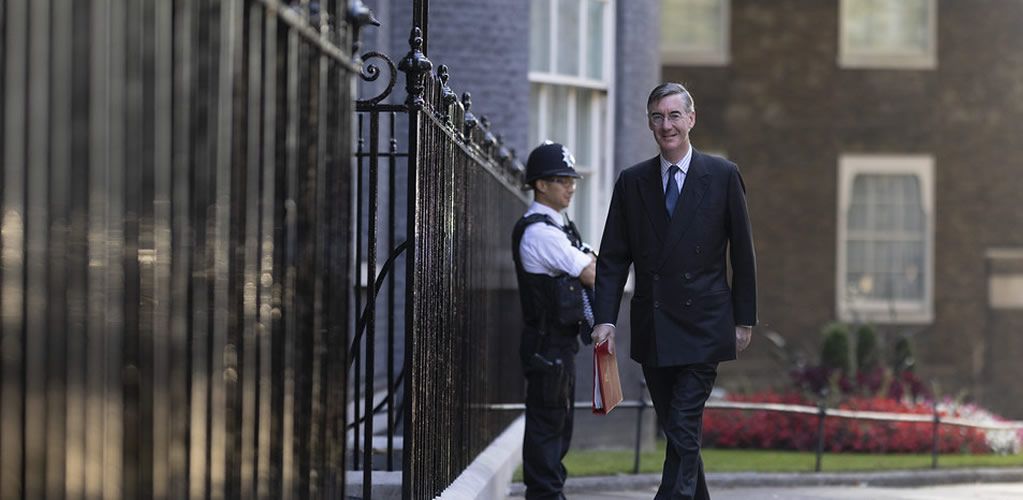Rees-Mogg changes tune on voter ID: It was gerrymandering all along
Former Tory minister Rees-Mogg calls voter ID law “gerrymandering”, saying it hurt elderly Conservative voters in the recent local elections. Government ministers have denied partisan motives.

Former Tory minister Rees-Mogg calls voter ID law “gerrymandering”, saying it hurt elderly Conservative voters in the recent local elections. Government ministers have denied partisan motives.
📌 The main points...
- Former Tory business secretary Jacob Rees-Mogg called voter ID requirement “gerrymandering”
- Voter ID was made a legal requirement across the UK by the Elections Act 2022 and was implemented for the first time during the recent English local elections
- Rees-Mogg himself supported the legislation as a minister
- The compulsory photo ID system chosen by the government has raised suspicions that it was intended to suppress the anti-Tory vote
I n a twist of political irony, Jacob Rees-Mogg, the former Tory business secretary, has referred to the requirement for voters to present photo ID as “gerrymandering”.
The Elections Act 2022 has made this a legal requirement across the UK for the upcoming general election.
CONTINUE READING...
Enjoy unlimited access now.
To get full access to this article,
simply become a member of PUBLIC SQUARE now.
By doing so, you will be supporting
our independent journalism.
MEMBERSHIP OPTIONS:
£3/month ∙ £5/month ∙ £7/month
You can cancel anytime.
BECOME A MEMBER
Already a member? Sign in here!
BENEFITS OF MEMBERSHIP:
✅ Read exclusive member-only articles
✅ Read our daily review of the UK front pages
✅ Receive every new article by email
✅ Access all our articles
✅ Get Special Discounts with our partners
✅ Join the conversation: Comment our articles
✅ Access our archives
✅ More importantly: Support independent journalism and keep the magazine going
Read more

— Your daily roundup of the front pages of the main newspapers and magazines today in the UK... and beyond.

— On his first day, Donald Trump pardoned January 6 rioters, emboldened extremists, and signed a vague economic order, raising deep concerns about his emboldened presidency and unpredictable future actions.

— Donald Trump’s second inaugural speech showcased an authoritarian manifesto, blending messianic self-aggrandisement, disdain for democratic norms, and admiration for dictators, marking a profound shift toward personality-driven, divisive governance.

— Your daily roundup of the front pages of the main newspapers and magazines today in the UK... and beyond.
|
|

